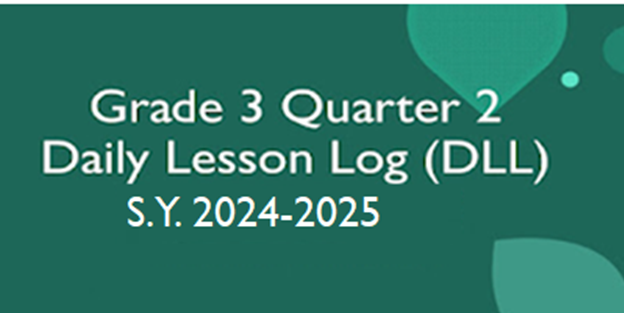The 80/20 Rule for Blog Promotion

Unlocking the Power of the 80/20 Rule for Effective Blog Promotion In the fast-paced world of blogging, promoting your content effectively can often feel like an uphill battle. With countless blogs vying for attention, it's crucial to employ smart strategies to ensure your voice is heard. One powerful approach is the 80/20 rule, also known as the Pareto Principle. This principle suggests that 80% of your results come from just 20% of your efforts, and it can be a game changer for your blog promotion. Understanding the 80/20 Rule At its core, the 80/20 rule reminds us that not all efforts yield equal results. In blogging, this means that a small fraction of your promotional activities will generate the majority of your traffic, engagement, and ultimately, your success. By identifying and focusing on these high-impact strategies, you can maximize your results while minimizing your time and effort. For instance: Content Creation: You might discover that a handful of your blog posts a






